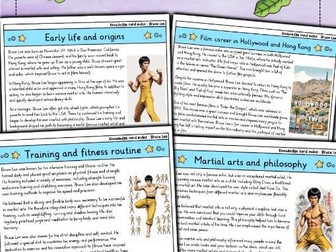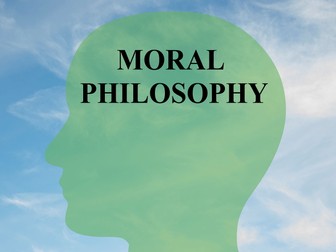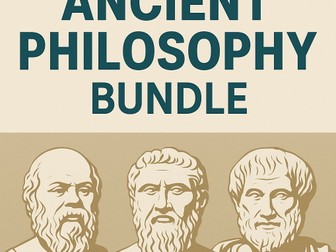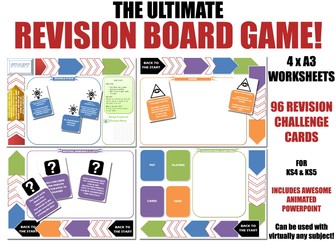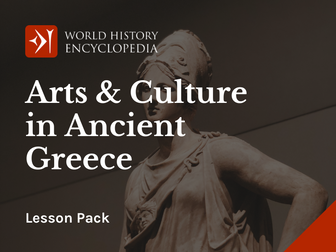Complete RE/Philosophy Classroom Display Pack
STOP! This bundle is still available but our latest and greatest Massive Display bundle can be found here: https://www.tes.com/teaching-resource/resource-13287219
^^^^^^^^^^^^^^^^^^^^^^^^^^
Firstly, I’d like to say a HUGE thank you to the more than 1000 of you who have downloaded this display pack! I hope your classrooms look gorgeous!
This is a complete 200+ page pack of a number of classroom displays that I have developed over the last couple of years to invigorate my department. Two updated booster packs have already been added.
Original Display Pack:
- Philosophers and Religious Figures Timeline (Over 40 thinkers with pictures, dates and outlines of their thinking).
- Famous quote callouts to add along the timeline (one for almost every philosopher). Get students talking!
- Custom-made colourful lettering for timeline eras.
- Over 20 ethical and philosophical questions in colourful speech bubbles to inspire thinkers in your classroom (A great one for open-evenings or tutor time discussions!)
- Steps/Levels display with optional number arrows. Department levels policy documents included.
- ‘How to’ guides for all displays.
Booster Pack 1:
- Philosophical Language Literacy Display with sentence starters for knowledge/explanation and assessment/evaluation.
- Agree --> Disagree continuum signposts to make human bar charts in your classroom!
- Blooms thinking guidance for teachers with question prompts. Great for shrinking and sticking on desks or displaying at the back of the room.
Booster Pack 2:
- A raft of additional thinkers to give greater flexibility to the Philosopher Timeline across exam boards.
- Quotes for every new thinker of course!
I’ve also added another high-quality display pack covering Logical Fallacies and Cognitive Biases. Find it here: https://www.tes.com/teaching-resource/logical-fallacies-and-cognitive-biases-display-pack-philosophy-psychology-11925635
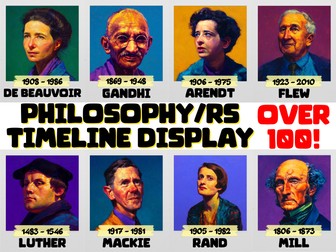
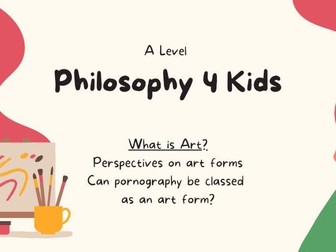
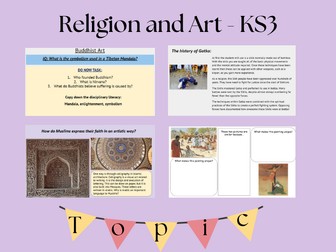
![Aesthetics, Art & The Nature of Beauty: Philosophy Lesson for Students Aged 8-16 [P4C, Art, Beauty]](https://l.imgt.es/resource-preview-imgs/4f227ef1-3e10-4674-bf74-a966928feb44%2FPhilosophyLessonArtAesthetics.crop_606x455_0%2C55.preview.png?profile=res-img-med-legacy-v2)
![Art! Art! Art! [Video Learning Pack] ART!](https://l.imgt.es/resource-preview-imgs/0c72042e-aa65-46ad-b506-a0b6516b0efc%2FSSArtArtistsCraftArtArtSchoolResourcesKS4KS3KS5GCSEKS4GCSEResourceResourcesTesVideoDocumentaryLessonWorksheet.crop_959x720_0%2C0.preview.jpg?profile=res-img-med-legacy-v2)
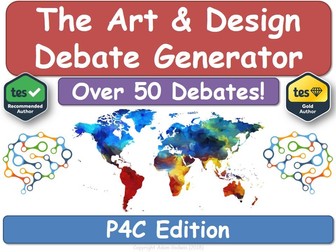
![Art, Aesthetics & The Nature of Beauty [Philosophy Boxes] KS1-3 Philosophy (P4C) Debates & Discus...](https://l.imgt.es/resource-preview-imgs/907923c0-29d7-419f-9d8d-bfcd4e11db8d%2FNewCover2018SinglePhilosophyForChildrenP4CLessonLessonsResourcesSessionsPhilosophyBoxes.crop_960x717_0%2C0.preview.jpg?profile=res-img-med-legacy-v2)
